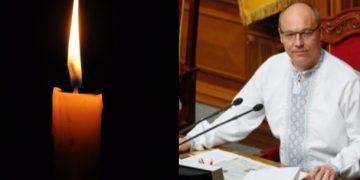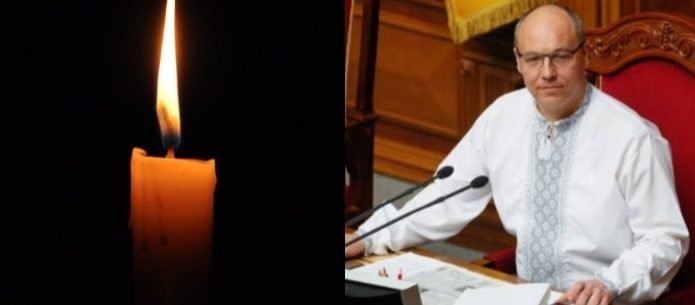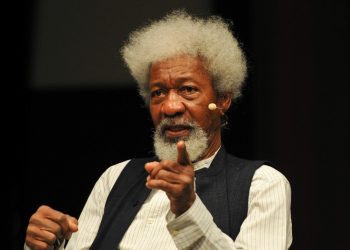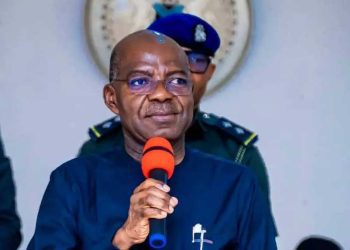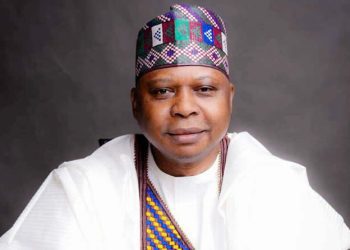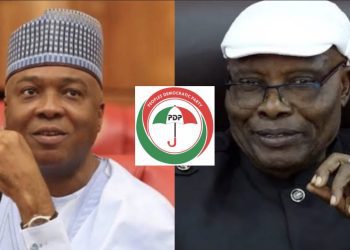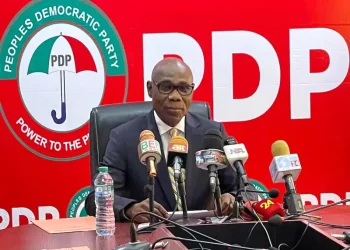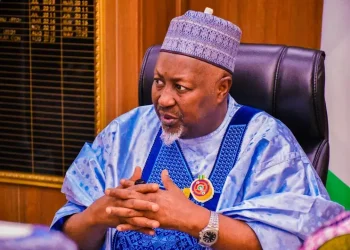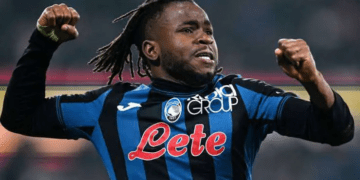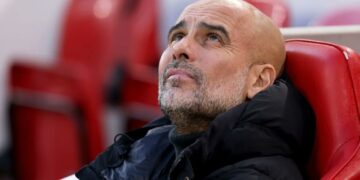A shocking event took place in Ukraine on Saturday. Andriy Parubiy, a well-known politician and former Speaker of the Ukrainian Parliament, was shot and killed in the western city of Lviv. He was 54 years old.
Parubiy was not just any politician. For many years, he had been one of the key figures in Ukraine’s fight to move closer to Europe and away from Russian influence. He played important roles in both the 2004 Orange Revolution and the 2014 Maidan protests, two huge protest movements that shaped modern Ukraine. He also once served as the head of Ukraine’s National Security and Defence Council, which oversees the country’s safety and military matters.
President Volodymyr Zelensky reacted strongly to the news, calling the killing a horrific murder. He promised that the government would use all necessary forces and means to investigate and find out who was responsible. Zelensky also suggested that the crime had been very carefully planned.
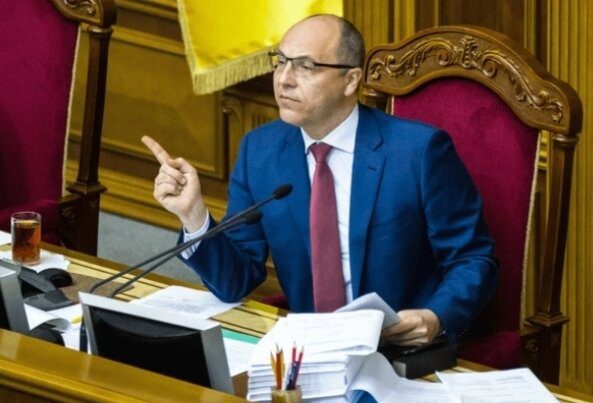
For now, police are still searching for the shooter. Prosecutors in Ukraine have opened a murder investigation, but they have not yet explained what the motive could have been. According to Ukraine’s prosecutor general’s office, “An unidentified man fired several shots at the politician, killing Andriy Parubiy on the spot.”
Some local reports suggest that the killer may have disguised himself as a food delivery worker and used an electric bike to escape. Photos that appeared online show a man with a bloodied face lying in the street, but journalists could not confirm if those images were real.
Tributes to Parubiy poured in from across Ukraine. Many officials hinted that Russia might have been involved, though no direct evidence has been made public yet. Since Russia launched its full-scale invasion of Ukraine in 2022, both Russia and Ukraine have accused each other of killing important political or military figures. Russian state media reported that Parubiy had been wanted by Russian authorities since 2023.
Parubiy’s life story showed his deep connection to Ukraine’s independence struggle. Trained as a historian, he began his political activity when Ukraine was still part of the Soviet Union, campaigning for freedom. He was a strong supporter of the Ukrainian language over Russian, an issue that remains politically sensitive today.
During the Maidan protests of 2014, Parubiy acted as a commander of opposition self-defense groups who protected protestors from government crackdowns. That same year, Ukrainian media reported he narrowly survived an assassination attempt when someone tried to kill him with a grenade. After then-President Viktor Yanukovych fled to Russia, Parubiy briefly served on the National Security and Defence Council, playing a role in stabilizing the country.
Former President Petro Poroshenko described Parubiy as a brother-in-arms and said his murder was a shot at the heart of Ukraine. He added, The enemy will never be able to kill the ideals for which Andriy Parubiy lived and fought.
Other well-known Ukrainians also shared memories. Mustafa Nayem, a leader of the 2014 protests, said Parubiy always remained approachable and retained his humanity despite being a high-ranking politician.
Kyrylo Budanov, Ukraine’s intelligence chief, called him a patriot and an uncompromising fighter for Ukraine’s independence, saying he had been killed by enemy bullets. Ruslan Stefanchuk, the current parliament speaker, said Parubiy had devoted his entire life to the cause of Ukrainian freedom. Another lawmaker, Iryna Gerashchenko, went so far as to call him one of the founders of modern Ukraine.
Tributes also came from outside the country. Poland’s Foreign Minister Radoslaw Sikorski recalled that Parubiy had once helped Poland evacuate its consulate in Crimea during Russia’s takeover in 2014. The news of his assassination is shocking, he said.
For many Ukrainians, the killing of Andriy Parubiy feels like more than just the loss of one man. It is being seen as an attack on the values of independence, democracy, and freedom that he spent his life defending.
